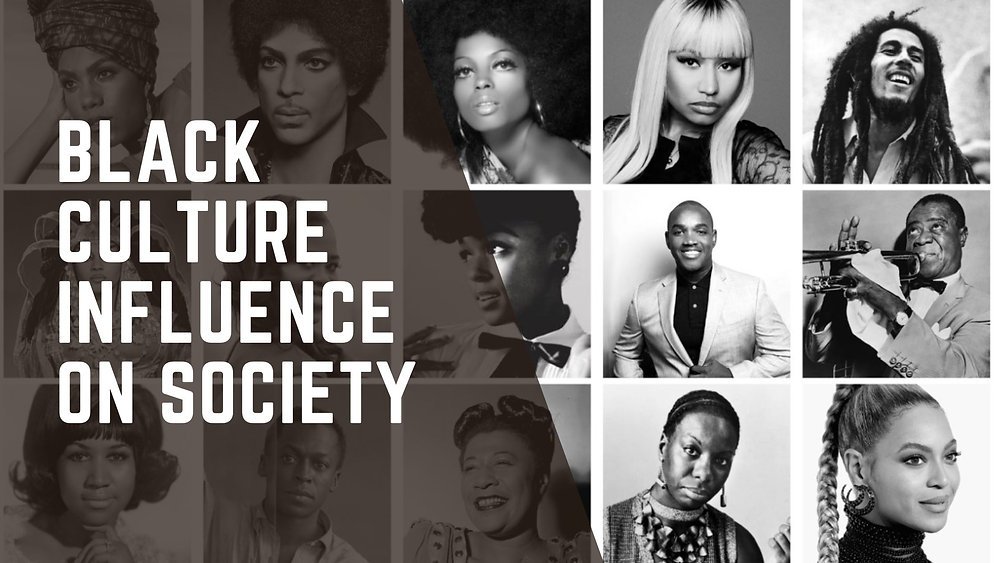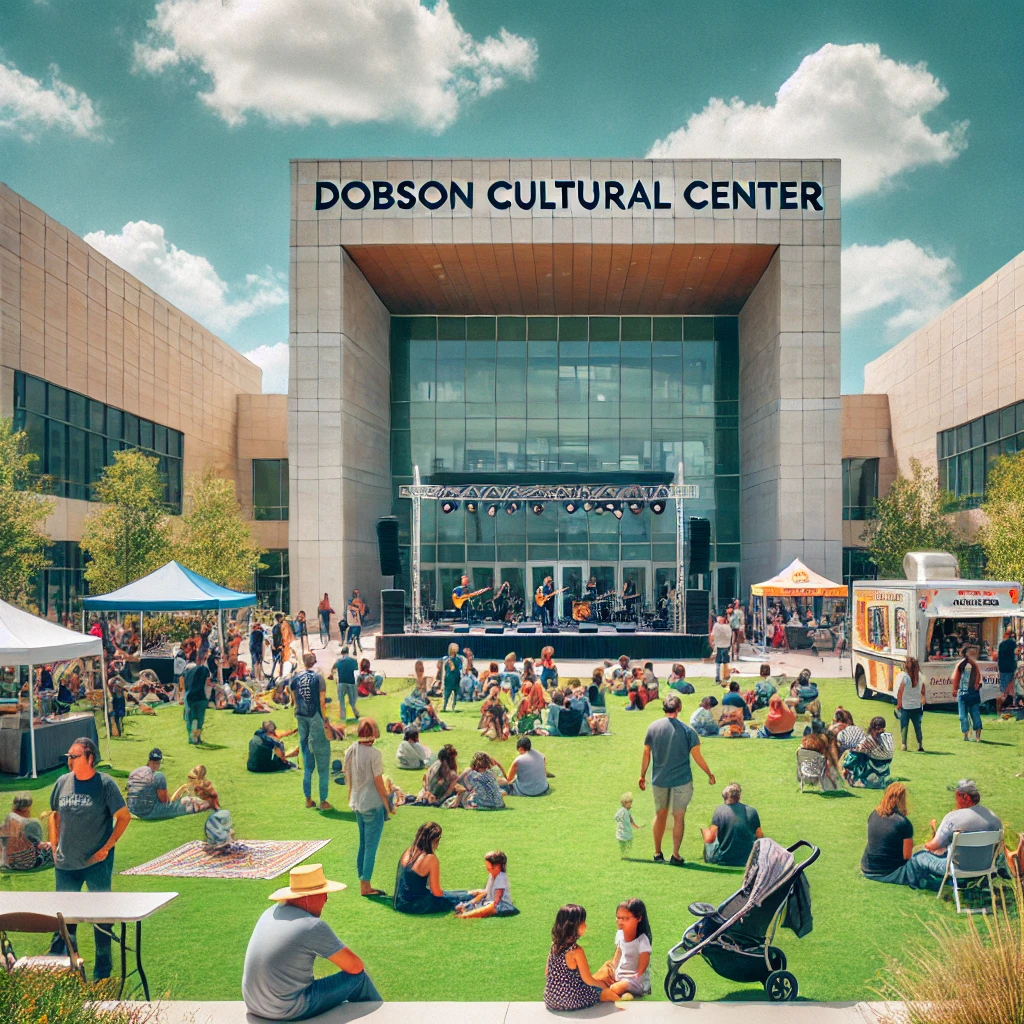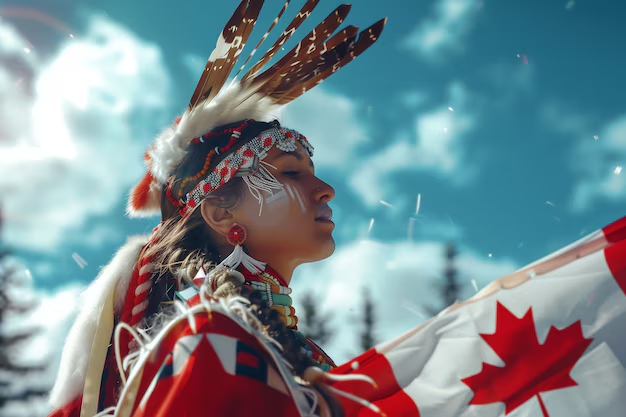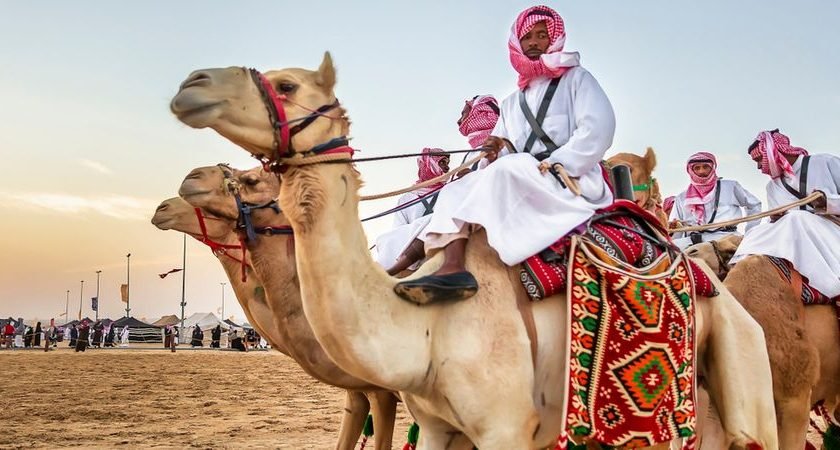Celebrating Black Culture Traditions: A Rich Tapestry of Heritage
Black culture traditions are a vibrant tapestry woven from the diverse experiences, histories, and values of African descendants worldwide. These traditions not only celebrate a rich heritage but also serve as a foundation for community, identity, and resilience. This article explores the various aspects of Black culture traditions, aiming to build trust and excitement about their significance and contributions to society.
The Essence of Black Culture Traditions
Black culture encompasses a wide array of traditions, rituals, and artistic expressions that have evolved over centuries. These traditions are deeply rooted in the experiences of African peoples and have adapted through the diaspora. From oral histories and storytelling to music, dance, and culinary practices, Black culture traditions provide a sense of belonging and continuity.
Music: The Heartbeat of Tradition
Music is one of the most powerful expressions of Black culture. It reflects the struggles, joys, and experiences of the Black community. Genres such as jazz, blues, gospel, reggae, and hip-hop not only entertain but also tell stories of resilience and hope.
- Jazz: Originating in the early 20th century, jazz is a fusion of African rhythms and European musical traditions. It represents freedom of expression and improvisation, allowing musicians to convey emotions and experiences.
- Gospel: Rooted in the spirituals sung by enslaved Africans, gospel music remains a cornerstone of Black worship and cultural identity. It celebrates faith and community, providing solace and inspiration.
Dance: A Language of Movement
Dance is another integral part of Black culture, serving as a means of storytelling, celebration, and protest. From traditional African dances to modern styles like hip-hop and stepping, dance embodies the spirit and energy of the community.
- African Dance: Rich in symbolism, African dance often accompanies rituals and celebrations. Each movement tells a story, connecting the dancer to their ancestors and community.
- Hip-Hop Dance: Emerging in the 1970s, hip-hop dance is a dynamic form that reflects the culture and struggles of urban life. It fosters creativity and self-expression while addressing social issues.
Culinary Traditions: A Taste of Heritage
Food plays a vital role in Black culture, with culinary traditions reflecting the history and resilience of the community. From soul food to Caribbean cuisine, these dishes tell stories of survival, family, and love.
- Soul Food: Originating from the Southern United States, soul food features ingredients and recipes passed down through generations. Dishes like collard greens, cornbread, and fried chicken represent a rich culinary heritage.
- Caribbean Cuisine: The diverse cultures of the Caribbean have contributed to a rich tapestry of flavors and cooking techniques. Dishes such as jerk chicken and rice and peas showcase the fusion of African, Indigenous, and European influences.
Storytelling: Preserving History and Values
Storytelling is a vital tradition in Black culture, serving as a means to preserve history, impart wisdom, and foster community. Oral histories, folktales, and proverbs are used to convey moral lessons and cultural values.
- Folktales: Stories like Br’er Rabbit and Anansi the Spider illustrate cleverness and resilience, teaching important life lessons while entertaining audiences.
- Proverbs: African proverbs often convey profound wisdom in a succinct manner. They serve as guiding principles for living and navigating challenges.
Spiritual Practices: Connecting to Ancestry
Spirituality and religion hold significant importance in Black culture. Many traditions have roots in African spiritual practices, blending with Christianity and other belief systems.
- African Traditional Religions: Many African cultures maintain spiritual practices that honor ancestors and nature. These traditions emphasize community and harmony with the environment.
- Christianity: The Black church has played a crucial role in the community, serving as a place of worship, social gathering, and activism. It has fostered a sense of unity and empowerment.
Festivals and Celebrations: Honoring Heritage
Festivals and celebrations are vital expressions of Black culture, providing opportunities for communities to come together and honor their heritage.
- Kwanzaa: Established in 1966, Kwanzaa celebrates African heritage and culture. Each of the seven days represents a different principle, fostering unity and community.
- Black History Month: Celebrated in February, this month honors the achievements and contributions of African Americans throughout history. It promotes awareness and education about the Black experience.
Interlinking Black Culture with Broader Themes
As we delve into the richness of Black culture traditions, it is also essential to explore their interconnections with other cultural phenomena. For instance, the principles found in Sassy Culture highlight the significance of self-expression and identity, resonating deeply with the narratives woven through Black cultural practices.
Similarly, the insights from PGC In Vitro Culture reflect the scientific methodologies that can be applied to understand the cultural heritage and its evolution. Both articles emphasize the importance of cultural narratives and scientific understanding in shaping identities and communities.
Frequently Asked Questions
What are some key traditions in Black culture?
Key traditions include music genres like jazz and gospel, various dance styles, storytelling, culinary practices like soul food, and spiritual practices.
How does music reflect Black culture?
Music serves as a powerful means of expression, conveying the experiences, struggles, and joys of the Black community throughout history.
Why is storytelling important in Black culture?
Storytelling preserves history, imparts wisdom, and fosters community connections, ensuring that cultural values and experiences are passed down through generations.
What is Kwanzaa, and why is it celebrated?
Kwanzaa is a week-long celebration honoring African heritage and culture, emphasizing unity, self-determination, and community responsibility.
How can we support the preservation of Black culture traditions?
Supporting Black-owned businesses, attending cultural events, and educating ourselves and others about Black history and traditions can help preserve and celebrate these important cultural practices.
Conclusion:
Black culture traditions are invaluable treasures that enrich our collective human experience. They reflect resilience, creativity, and a deep connection to history and community. By celebrating and preserving these traditions, we honor the legacies of those who came before us and inspire future generations.
As we engage with these rich traditions, we must remain committed to fostering understanding, respect, and appreciation for the diversity of Black culture. It is through this recognition that we can build a more inclusive and harmonious society.




Post Comment